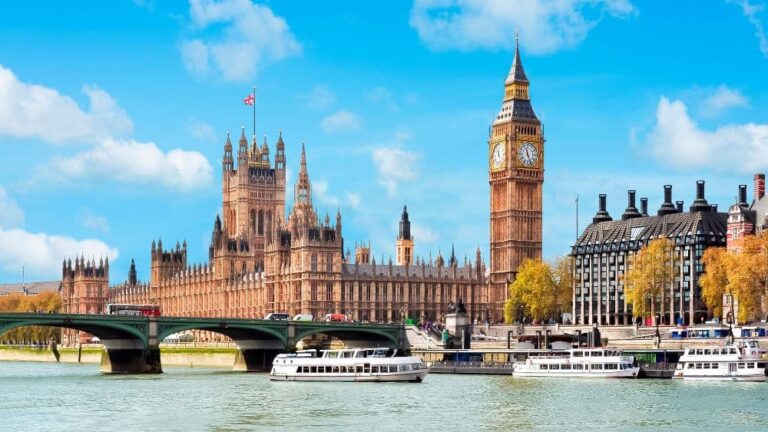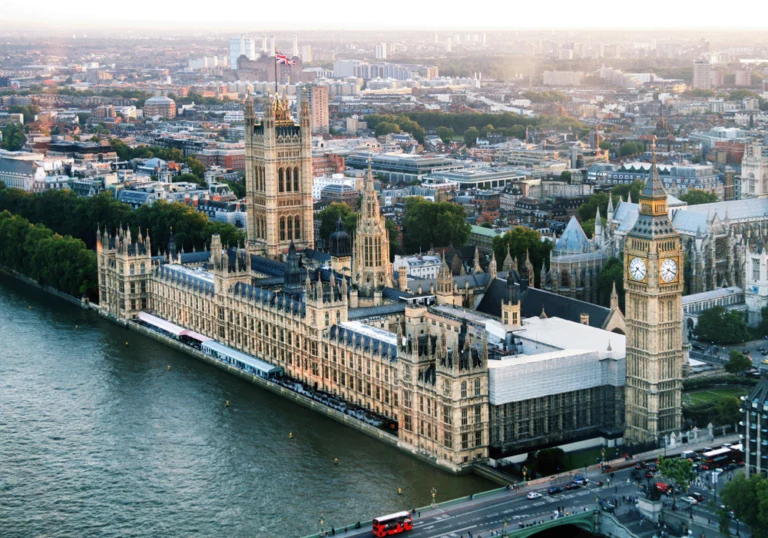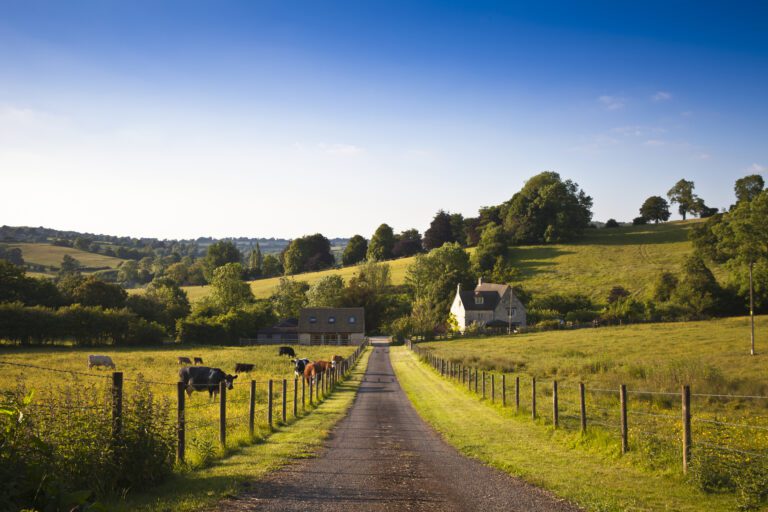
Farmers never retire?
This article was originally published in the Western Morning News on Wednesday 22 May 2024.
Listening to Farming Today recently, I heard the recent National Farmers’ Union annual survey revealed some quite startling statistics. Farmers’ confidence had hit its lowest level in at least 14 years. The survey revealed 16% of respondents said “their farms were not profitable and may not survive. Another statistic was more than “7,000 agricultural businesses have been lost since 2019.”
Now this is not the positive vibes I wanted to be starting my article with, but it did make me:
- Empathise further with the farming community and the tough times we have had
- Reflect on substantial exits from the industry and how we have helped our clients.
If you are selling your business to retire, there is a capital gains tax rate of 10% for the first £1 million of gains. This is subject to this lifetime limit not having been used previously.
But what other planning opportunities and issues should you be considering?
Final period of trading
For years, there has been the opportunity to claim a 100% write down of plant and machinery purchases by way of the capital allowances annual investment allowance. This allows business owners to claim the full cost of new capital items against their trading profit for that year. However, this often means there is a large capital allowances balancing charge on the sale value of the plant and machinery when the farm is sold. This can create an unusually large tax liability in the year of cessation with some profits being charged at higher (40%) and even additional (45%) rates of tax. Farmers’ averaging is not available in the final year of trading to help mitigate this.
Where there is surplus cash from the sale of a business, we have advised our clients to think about making lump sum pension contributions, as part of their own retirement planning. Lump sums of up to £60,000, plus unused relief for the previous three years, can be paid in to a pension fund (subject to other qualifying conditions).
The taxpayer only need contribute 80% of the gross pension payment required, with the other 20% being contributed by the government. In addition, up to a further 25% relief (depending on level of income) by way of a reduction in the taxpayer’s income assessable to higher and additional rates of tax can be obtained via a claim on the annual tax return. This can reduce the otherwise substantial tax liability for the final year significantly. Forward planning is necessary. The pension payment will need to be made by 5 April in the year of cessation to allow relief against the final profits.
In some circumstances, pension draw down can start immediately, if desired, and 25% of that pension pot accessed with no income tax charged.
Other matters to consider
The timing of a sale can also be paramount. If the sale date can be flexible, it may be beneficial to speed up or delay the sale to ensure it falls into the tax year more beneficial to you. Points to consider are the income tax and capital gains tax rates in each of the prospective tax years, as well as timing of tax payments. Taxes could be delayed by up to a year by ensuring contracts are exchanged in a later tax year and if a sale were to take place at the beginning of a tax year there is plenty of time for planning.
When wondering how to invest any surplus cash you should not forget inheritance tax. Whilst you were trading, your wealth was likely tied up in business assets that qualified for inheritance tax reliefs. Examples include agricultural property relief and business property relief, which would reduce the tax payable on your death estate. However, when the business is converted to cash proceeds, it immediately becomes a taxable asset and potentially subject to inheritance tax at 40%.
There are several inheritance tax efficient ways of investing any cash surpluses, to suit individual needs. Interest rates are currently high in comparison to previous years. Surplus cash from the business sale could be put towards debts, reducing outgoings leaving you debt free for retirement.
We work closely with our financial planning team to advise clients on retirement and succession planning. Together, we aim to look at the bigger picture. From mitigating tax, managing cashflow for retirement, and keeping our clients and their families happy. A good advisor will realise tax is important, but it should not be the driver for all decision making. I thought I would get through this without saying ‘don’t let the tax tail wag the dog.’
At PKF Francis Clark, we have a team of experts who can help.










